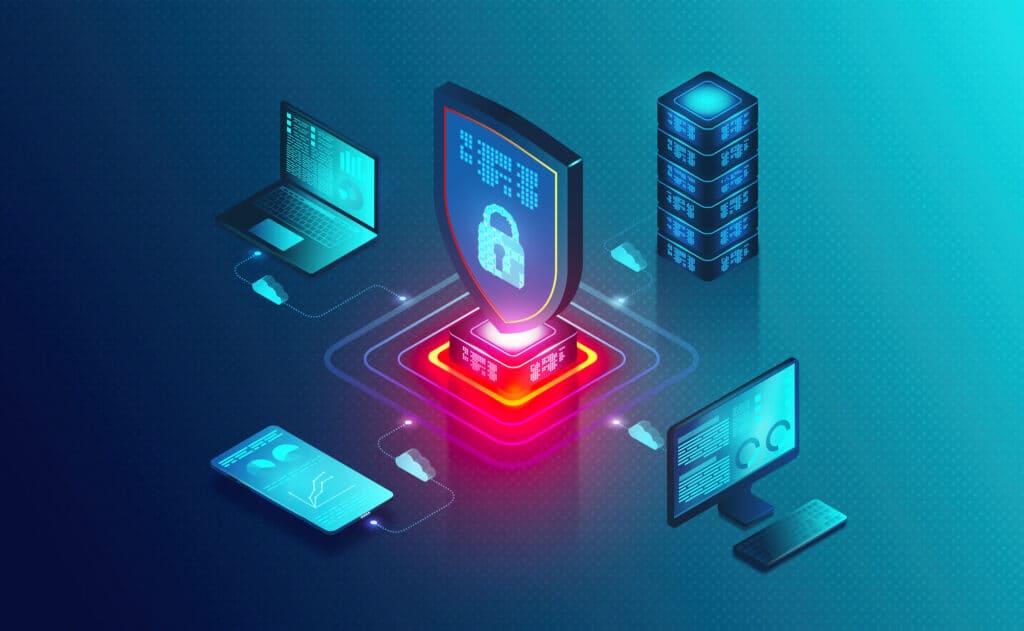Cyber threats are getting smarter, and so should we. With cybercrime expected to cost the world over $10.5 trillion annually by 2025, organisations are doubling down on their cybersecurity strategies—and they need skilled professionals to lead the charge.
Enter certifications. Not just shiny badges, but real proof of your ability to secure systems, sniff out vulnerabilities, and respond to digital threats. For aspiring and current professionals, staying certified is no longer optional—it’s essential.
So which cybersecurity certifications are making the biggest impact in 2025? Let’s take a deep dive into the ones worth your time, effort, and investment.
Why Certifications Still Matter in 2025
It’s easy to wonder—can’t you just learn everything online for free?
Sure, there’s a treasure trove of information out there. But when it comes to career credibility, structure, and employer trust, certifications provide a clear advantage.
Hiring managers don’t just want knowledge—they want proof you can apply it. In fact, a recent survey by (ISC)² revealed that 72% of hiring managers view certifications as an important indicator of candidate proficiency.
In 2025, that validation matters even more. With AI-assisted attacks, new compliance regulations, and the rise of remote infrastructure, organisations need professionals who can keep up with evolving threats. Certifications are fast becoming the global standard for cyber competence.
Beginner Level: Starting Strong
1. Google Cybersecurity Certificate
This newcomer has gained massive traction thanks to its accessibility and focus on hands-on learning. Designed for beginners, the Google Cybersecurity Certificate introduces you to key concepts like threat analysis, risk mitigation, and basic tools of the trade.
Why it works in 2025: It’s affordable, flexible, and taught by Google professionals—perfect for career starters or those pivoting from another field.
2. CompTIA Security+
A gold standard for entry-level roles. Security+ covers network security, threats and vulnerabilities, cryptography, and identity management. It’s globally recognised and often a minimum requirement for government or corporate positions.
Why it works in 2025: Security+ has kept up with the times by including coverage of emerging threats like zero-trust architectures and ransomware tactics.
Intermediate Level: Sharpening the Edge
3. CEH (Certified Ethical Hacker)
One of the most popular credentials in the world of offensive security. CEH dives deep into penetration testing, ethical hacking, and how to think like a threat actor to defend against them.
Why it works in 2025: As organisations increasingly adopt red-teaming strategies, CEH prepares professionals to simulate and repel real-world cyberattacks.
4. Microsoft SC-900 / Azure Security Engineer
For those working in cloud environments, Microsoft’s SC-900 certification offers foundational knowledge of security, compliance, and identity concepts across Microsoft services. Moving up to Azure Security Engineer expands that into real-world applications.
Why it works in 2025: With over 70% of companies relying on cloud solutions, these certs are crucial for demonstrating competence in securing cloud-native systems.
Advanced Level: Career-defining Credentials
5. CISSP (Certified Information Systems Security Professional)
Often considered the crown jewel of cybersecurity certifications, CISSP is tailored for experienced professionals managing large security infrastructures. It focuses on eight domains, including asset security, software development security, and risk management.
Why it works in 2025: With stricter compliance regulations and global risk exposure, CISSP is ideal for professionals aiming for leadership roles.
6. CISM (Certified Information Security Manager)
More management-focused than CISSP, CISM is perfect for those transitioning into strategic or leadership roles. It covers governance, risk management, and incident response.
Why it works in 2025: As cyber threats become boardroom conversations, CISM-certified professionals are trusted to align cybersecurity with business objectives.
Honourable Mentions: Specialised & Niche Tracks
– GIAC Certifications (GSEC, GPEN, etc.)
Highly respected in specialised domains such as penetration testing, incident handling, and digital forensics. Though pricey, GIAC credentials offer unmatched technical depth.
– Certified Cloud Security Professional (CCSP)
Ideal for professionals managing secure cloud architectures—particularly relevant as hybrid and multi-cloud environments grow in complexity.
– Offensive Security Certified Professional (OSCP)
For elite penetration testers and red teamers, OSCP remains a tough yet prestigious path. It focuses on real-world attack simulations under pressure.
How to Choose the Right Path
Still unsure where to begin?
Start by asking yourself:
- What’s your current experience level?
- Are you more interested in offensive (hacking) or defensive (protection) roles?
- Do you want to work with cloud, enterprise, or government systems?
- What’s your long-term career goal—analyst, engineer, manager, or architect?
A simplified roadmap could look like this:
Beginner
→ Google Cybersecurity Certificate
→ CompTIA Security+
Intermediate
→ CEH or Microsoft SC-900
→ Azure Security Engineer / Red Team Training
Advanced
→ CISSP or CISM
It’s not a rigid path. You can mix, match, and adjust based on your interests, time, and industry goals.
Certifications vs Experience: What Matters More?
Here’s the reality: Certifications open doors, but experience keeps them open.
In 2025, hiring trends show that employers prefer a mix of both. Many job listings now use certifications as a screening tool—but hands-on projects, internships, and labs make the real difference during interviews.
Platforms like TryHackMe, Hack The Box, and virtual labs from Ascend Education are great for building practical skills alongside studying for exams.
Final Thoughts: Invest in What Moves You Forward
Certifications aren’t just about passing a test—they’re about proving you belong in the field. Whether you’re switching careers, chasing your first role, or aiming for leadership, the right certification can be the ladder to your next big opportunity.
In a world where cyber threats are evolving by the hour, professionals who commit to learning and growing will always be in demand.
So take the first step. Research your path. Invest in yourself.
Because in cybersecurity, staying still is not an option.






